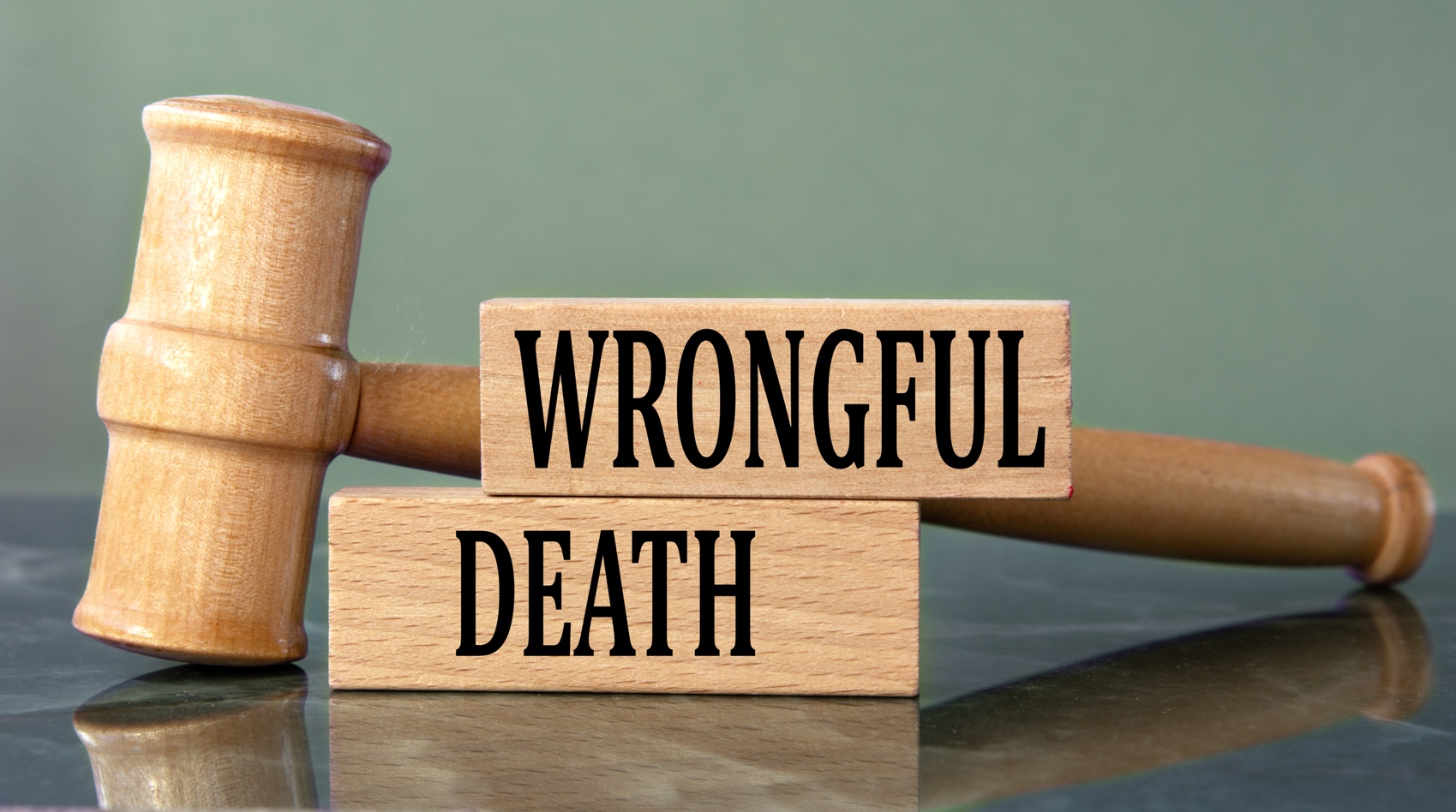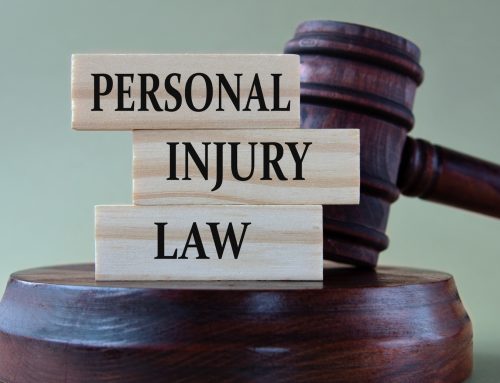Losing a loved one is one of the most painful experiences anyone can endure. When that loss occurs because of someone else’s negligence or wrongful actions, the grief is compounded by anger, confusion, and a desire for justice. A wrongful death claim offers families the opportunity to hold the responsible party accountable while seeking financial relief to help navigate life after such a tragedy.
What Is a Wrongful Death Claim?
A wrongful death claim arises when someone dies due to the negligent, reckless, or intentional actions of another person or entity. Essentially, it is a legal avenue for families to seek justice and compensation for the losses caused by the untimely death of their loved one.
Common Situations Leading to Wrongful Death
- Car Accidents: Reckless or impaired drivers causing fatal collisions.
- Medical Malpractice: Errors by doctors, nurses, or hospitals leading to preventable deaths.
- Workplace Accidents: Unsafe conditions or equipment malfunctions resulting in fatalities.
- Defective Products: Dangerous or poorly designed products causing harm.
- Criminal Acts: Homicides or other fatal crimes.
Purpose of a Wrongful Death Claim
The primary goal of a wrongful death claim is twofold:
- Accountability: Ensuring the negligent party faces the consequences of their actions.
- Financial Relief: Helping surviving family members manage the financial impact of their loss.
Who Can File a Wrongful Death Claim?
Each state has specific rules about who is eligible to file a wrongful death claim. In Georgia, the law prioritizes immediate family members, but the order of priority matters.
Eligible Parties in Georgia
- Spouse: First in line to file a claim and can also represent the interests of the deceased’s children.
- Children: If no spouse exists, the children of the deceased may file.
- Parents: If there is no spouse or children, the parents of the deceased may file.
- Estate Representative: If no direct family members exist, the estate’s representative can bring the claim on behalf of the deceased’s beneficiaries.
Understanding these rules is crucial, as filing eligibility directly affects the ability to recover damages.
Key Elements of a Wrongful Death Claim
To succeed in a wrongful death claim, you must prove specific legal elements:
- Duty of Care: The defendant owed a duty of care to the deceased (e.g., a doctor’s duty to treat patients competently or a driver’s duty to follow traffic laws).
- Breach of Duty: The defendant failed to meet this duty through negligent or intentional actions.
- Causation: The defendant’s actions directly caused the death.
- Damages: The family experienced measurable losses, whether financial, emotional, or both, due to the death.
Each element requires strong evidence, which is why legal expertise is so important in these cases.
Compensation in Wrongful Death Cases:
Wrongful death claims typically seek damages in two main categories:
Economic Damages
- Medical expenses incurred before the death.
- Funeral and burial costs.
- Lost wages and benefits the deceased would have provided.
- Loss of financial support to dependents.
Non-Economic Damages
- Pain and suffering of surviving family members.
- Loss of companionship, guidance, and emotional support.
Punitive Damages
In cases involving gross negligence or intentional harm, courts may award punitive damages to punish the wrongdoer and deter similar behavior.
Proving a Wrongful Death Claim
Evidence is the cornerstone of a successful wrongful death claim.
Types of Evidence:
- Medical records and autopsy reports.
- Police or accident reports.
- Witness statements.
- Expert testimony, such as economists or medical professionals.
Challenges in Proving Negligence
Wrongful death claims can be complicated, with defendants often disputing liability or the extent of damages. For example:
- A hospital may argue that pre-existing conditions caused the death, not negligence.
- A driver might claim the deceased was at fault for the collision.
This is where an experienced attorney can make a significant difference by building a strong case and countering these arguments.
The Role of an Attorney
Navigating a wrongful death claim while grieving is overwhelming. An attorney provides essential legal and emotional support.
Why You Need Reid Law Group
When facing the overwhelming loss of a loved one due to negligence, having the right legal team by your side makes all the difference. At Reid Law Group, we are committed to helping families navigate wrongful death claims with compassion, skill, and an unwavering focus on achieving justice.
- Unmatched Legal Expertise: Wrongful death laws are intricate and vary by state. At Reid Law Group, we bring years of experience in personal injury law, with a deep understanding of Georgia’s legal landscape. Our team works tirelessly to build a strong case tailored to your unique situation.
- Comprehensive Evidence Collection: We leave no stone unturned. From obtaining medical records and accident reports to consulting with expert witnesses, Reid Law Group ensures every critical piece of evidence is gathered and strategically used to strengthen your claim.
- Expert Negotiation: Insurance companies often prioritize their bottom line, not your grief or losses. Our attorneys are skilled in handling difficult negotiations, ensuring that insurers and opposing counsel take your case seriously. We fight to secure the maximum compensation your family deserves.
At Reid Law Group, we understand the emotional and financial toll of losing a loved one, and we’re here to provide the support and advocacy you need during this challenging time.
Statute of Limitations
Time is of the essence when filing a wrongful death claim. In Georgia, the statute of limitations is 2 years from the date of death. Certain exceptions, like ongoing criminal investigations, may extend this deadline. Failing to file within the allowed timeframe will likely result in losing the right to seek compensation.
Steps to Take If You Believe You Have a Wrongful Death Claim
At Reid Law Group, we’re here to guide you every step of the way after the loss of a loved one. Here’s what to do if you believe you have a wrongful death claim:
- Focus on Healing: Your emotional well-being is paramount. Lean on your support system—whether it’s family, friends, or grief counselors—while Reid Law Group handles the legal complexities for you.
- Gather Important Documents: Start collecting essential records, such as the death certificate, accident reports, and receipts for medical and funeral expenses. If you need assistance, our team can help you obtain any documents you don’t have.
- Consult Reid Law Group: Schedule a consultation with our experienced wrongful death attorneys. We’ll evaluate your case, explain your legal options, and develop a tailored strategy to pursue justice and compensation for your family.
Losing a loved one is heartbreaking, but understanding your legal rights can empower you to seek justice and financial support. A wrongful death claim can’t bring your loved one back, but it can help you hold negligent parties accountable and secure the resources you need to move forward.
If you’ve lost someone due to negligence, don’t face this journey alone. Contact Reid Law Group for compassionate, expert guidance and a free consultation. We take care of the legal burdens so you can focus on healing and honoring your loved one’s memory.







